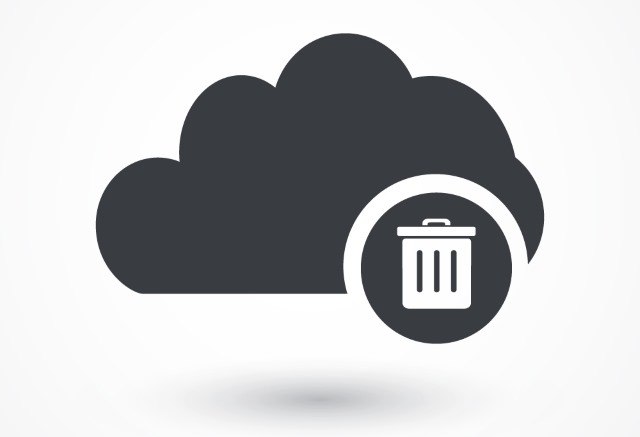
Cloud platform Fasetto shows Google how Undo Send should be done
A couple of days ago, Google took Gmail's Undo Send feature out of its six year beta period, and brought the option to a wider audience. Although the feature has been widely welcomed, there has also been criticism, particularly about the measly 30 second time limit users are given to change their mind and recall an email. Today Fasetto launched Messaging 2.0 which includes the ability to recall or edit messages or files that have been sent, with no time limits.
Fasetto is a cloud storage platform that offers security features that will appeal to the enterprise, as well as home users. Available for Windows, Android, iOS, OS X, and even Windows Phone, the platform has a focus on security that extends to being completely free of tracking and log files, but it also has a thing or two to teach Google.
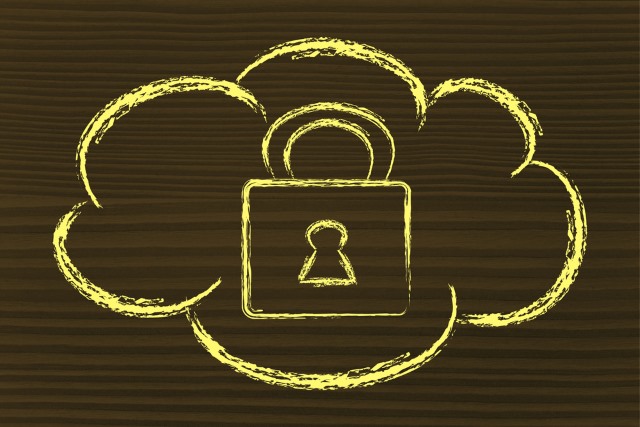
How to encrypt your emails
If there’s one thing that Edward Snowden left us with, it’s the notion that our digital data isn’t all that safe and that the government knows what we did last summer. But in essence, that only applies to that data being created and used using standard tools -- emails, browsers, etc.
However, if you really want to keep your data private, including browsing history and email, there are ways to do it. They’re simple to use, accessible and close to impossible to crack.
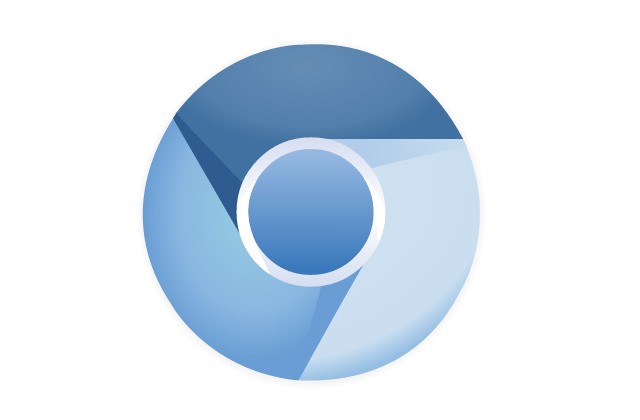
Google bows to pressure to remove eavesdropping extension from Chromium
Google has removed an extension from its open source browser Chromium after people complained that it had been downloaded without permission and then listened to users through their microphones. The Chrome Hotword extension was used by Chromium to offer "OK, Google" voice activation to the browser.
Privacy advocates were concerned about the potential for eavesdropping, particularly in light of the fact that users were not warned of the presence of the extension. There was also concern that the extension is not open source, so it was not possible to see exactly what it was doing. In response to complaints, Chrome Hotword has now been made an optional component.

Parents, keep your children safe online!
Children are always just one click away from harmful content, and it’s the parents’ job to keep them safe, that’s the message of a new campaign for greater protection of children online.
The campaign, kicked off by Internet Matters, is called Protect Their Curiosity, and is urging parents to enable parental controls on all internet-enabled devices that children have access to.

Is Google Chrome spying on you?
It seems as Google’s software, with the ability to listen everything being said in a room, was being installed on computers without the owners’ consent, and everyone’s freaking out about it.
It was first spotted by open-source developers who noticed that Chromium (open-source basis of Chrome) began remotely installing audio-snooping code that was capable of listening to users, The Guardian wrote in a report.
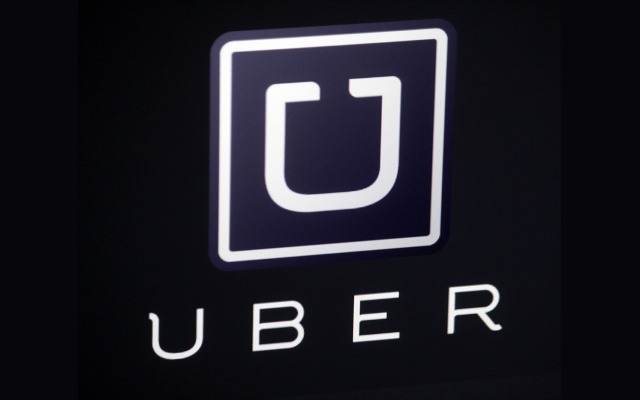
Lawsuit fights Uber's user location tracking plans
Uber has faced numerous complaints since its inception in 2010, including suggestions that drivers are not properly vetted. Now the taxi service is facing legal action over plans to track the location of its customers whether the app is running in the foreground or background on their phones.
The new policy is due to come into force on July 15, but the Electronic Privacy Information Center (EPIC) has filed a complaint with the FTC saying that the policy change is unfair and should be investigated by the commission. It will be possible to opt out of this location tracking, but EPIC feels this is unreasonable.

5 cyber security tips for travellers
Out of the office on holiday this summer? Despite being encouraged to switch off, and enjoy a well-earned break, the reality is that many people find it difficult to "go dark" and so fall into the trap of checking emails by the pool.
So whether you’re travelling to a conference or a hitting the beach, you need to take appropriate steps to keep your data secure, particularly when browsing the internet or making online payments from your mobile device.

What is Facebook not telling us about machiavellian censorship?
Just a few days ago the Electronic Frontier Foundation published its annual Who Has Your Back report looking at how various technology companies treated customer privacy. The report makes for interesting reading, but it also raises some questions. One question that has cropped up several times is "how the hell did Facebook get a rating of 4 out of 5!?"
As well as rating Mark Zuckerberg's social network in terms of its privacy policies and how it responds to government data request, the EFF also probes the hidden censorship that appears to be going on. There have been numerous examples of blatant censorship from Facebook -- including blocking certain pages in Turkey -- and while this is worrying (particularly when the social network's founder is looking to connect the world to the web with Internet.org) what is perhaps more concerning is the censorship we don't know about. The silent censorship that's going on the in the background.

Google to block revenge porn from search results
Google is to start honouring requests to remove links to revenge porn from its search results. In a move that has echoes of the Right to Be Forgotten in Europe, today's announcement indicates that the search giant is now willing to start censoring search results if people request that explicit personal images of them be removed.
This is not supposed to be carte blanche for people to request the removal of any image they are unhappy with -- it is a move designed to target images that might be posted to sexploitation websites with a view to bribing their subjects.

DuckDuckGo sees 600 percent growth off the back of NSA surveillance fears
For all those that say Edward Snowden’s leaks didn’t change public opinion on surveillance, "We’ve grown 600 percent since the surveillance revelations started two years ago", said DuckDuckGo CEO Gabe Weinberg on CNBC.
DuckDuckGo, for those unfamiliar, is a search engine that does not track users. To make money, it simply allows advertisers to bid on keyword search like 'cars', 'insurance', similar to what Google did in the early days.
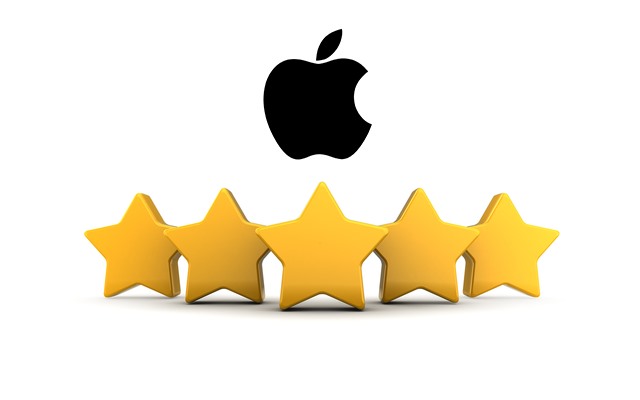
Apple does more to protect your privacy than Microsoft, Google, and Facebook
In the Electronic Frontier Foundation's annual Who Has Your Back report, Apple is commended for adopting a "strong stance" on user rights, transparency, and privacy. The 2015 edition of the report is the fifth to have been produced, and it rates a number of tech companies according to how they inform users about their privacy policies and how they respond to government requests for data.
Apple was awarded a full five star rating, faring better than Microsoft (three stars), Google (three stars), and Facebook (four stars). Other companies receiving a five out of five rating include Wikimedia, WordPress, and Yahoo. At the bottom of the heap are AT&T and WhatsApp who received just one star each. Despite a few disappointments, EFF is generally pleased with how tech firms have noted the renewed interest in privacy that now exists.

US consumers receive over 86 million scam phone calls per month
You might think that today's scammers spend most of their effort on the Internet, but a new report by call center authentication specialist Pindrop Security reveals that phone fraud is still big business.
More than 86.2 million calls per month to US consumers are down to scammers, and 36 million of those calls can be traced to one of the 25 most common phone scams. It also finds a 30 percent rise in enterprise attacks.

How to protect your LastPass account from hackers
So, the unthinkable has happened for millions of LastPass customers worldwide: LastPass’s servers have been hacked, and user data stolen. The good news -- if it could be said to be good -- is that your passwords are almost certainly safe… For now.
Doing nothing shouldn’t be seen as an option, so what can you do to ensure your LastPass account remains as tightly sealed as can be?

Privacy concerns stand against wearable adoption
As more wearable devices continue to enter into the market and into our lives, questions are being raised as to how vulnerable this may be making us when it comes to potential security and privacy risks.
Smartphones already have the capacity to hold a large quantity of data about us as individuals and wearable technology is likely to work in a similar way -- with fitness trackers able to store information about our health, for example, or the routes taken during exercise sessions.

Snowden files hacked by China and Russia
UK secret services say that the encrypted files Edward Snowden held from his time working at the NSA have been accessed by intelligence agencies in China and Russia. The Sunday Times reports that the top secret files have been hacked meaning that British and American spies could be identified and located.
Wanted by US authorities, Snowden has been in hiding for some time now. It is believed that the time he spent seeking refuge in Hong Kong and Moscow may have given security official the opportunity to access the data he held. Although the data was protected, it is thought that the encryption was hacked, and US and UK intelligence services have been "forced to intervene and lift their agents from operations to prevent them from being identified and killed".
